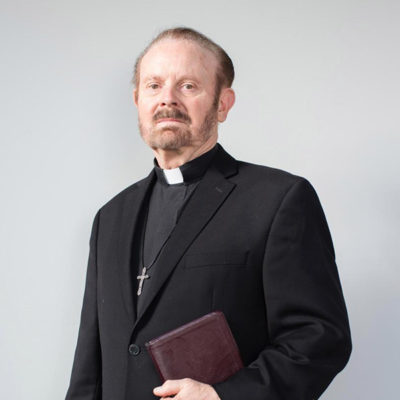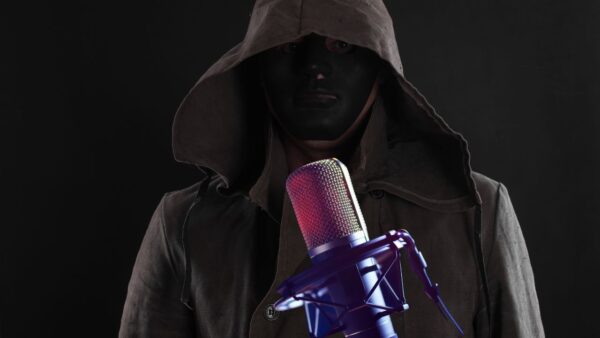Everyone on YouTube is an expert. Just asks them. They will tell you. No matter what your problem in life, they have an answer. I call this the arrogance of the uninformed. In times past, before the advent of social media, our spiritual and cultural touchstones were pastors, priests, educators, the educated, and the experienced. Today, any 20 or 30-something with a microphone, a ring light, and camera can exposit on anything with apparent confidence. They know something you don’t and for an algorithm they will tell you. If their self-proclaimed knowledge about anything and everything is just hubris, its laughable. But when the topic is spirituality, it can be deadly and deceiving. When what goes on the internet has no proctor and no filter, millions can be misguided instantly.
Scan what is trending any day and hear the voices of certitude. No qualifiers. No documentation. No certification. Remember the adage, “If it’s in print it must be true.” Today, “If it’s on the internet, it must be so.” It can be funny or frustrating if the topic is something like “how to eat burnt toast” or the “50 best ways to leave your lover.” But when the topic has eternal consequences and the pundit is cloaked in spiritual authority, that is downright dangerous. That is why we need to know how to spot a false prophet, a purveyor of spiritual error who seems perfectly trustworthy.
I’m not speaking about the biblical ways of determining a false prophet. That’s another topic, such as the prophets who said God told them that Trump would win. Most of them are still giving forth other prophecies. Words and result must match. Deuteronomy 18:22 puts it this way in the NIV: If what a prophet proclaims in the name of the Lord does not take place or come true, that is a message the Lord has not spoken. In this blog I’m speaking of false prophets in a broader sense — internet experts who make unsupportable claims. Here are some examples.
- The theological “expert” on spiritual gifts. He quotes Bible verse after Bible verse without any empirical evidence for his conclusions. I call this exegesis without evidence. Are spiritual gifts for today? Are 300 million Pentecostals and another 350 million charismatics all misguided? To say that some are imbalanced or that a faction is misled is one thing. But dismissing hundreds of millions of people who claim a valid, supernatural relationship with God is disingenuous. Many are Catholics, liturgical adherents, and former cessationists who now embrace what they once derided.
- Preachers who claim that Christians can’t have demons and exorcisms aren’t needed. I have documented more than 50,000 case studies of exorcisms spanning five decades. Yet not one naysayer who denies deliverance has ever sat by my side for a day and witnessed the agony of the victim’s spiritual torment and their joy from being set free. Almost all of these clients are verifiably saved people who manifested demons. Deniers of deliverance need to engage in spiritual battle, roll up their sleeves, and help restrain a spirit of murder with supernatural strength. Until they are willing to do that, they speak as false prophets.
- The false prophets of the New Age. These are the worst. They prey on people who are often broken and vulnerable. They promise that this crystal or that chakra balance will solve everything. And when that doesn’t work, they advise that you call up your kundalini, astral travel to another dimension, or meditate until you are immersed in the universe. They never give full disclosure that many people who have done this have had mental breakdowns; they become psychotic; they leave family and friends for some guru, or, worse yet, became invaded by evil spirits.
- Itinerant preachers who have no accountability. I spend much time ministering to demonized people who got their demons from someone that they thought was a man or woman from God. Prophet so-and-so laid hands on them and prophesied great things. Before you give in to gullibility about such self-proclaimed prophets, consider this: Who is their mentor? What is their theological education? Have they written books or published texts of their teaching that can be reviewed? To whom are they accountable? Is there a credible Christian leader who can vouch for them? How long have they been in ministry? What other prophecies have they uttered that didn’t come to pass? When it comes to prophecies, there is no substitute for due diligence and a little research.
Remember if a prophet promises and doesn’t deliver, he isn’t speaking with the Lord’s imprimatur. If his facts aren’t correct, if his information isn’t well researched, and if his doctrine is metaphysical or spiritualist, run away from such a person. They are not speaking for God, and they may be prophesying for the devil.







